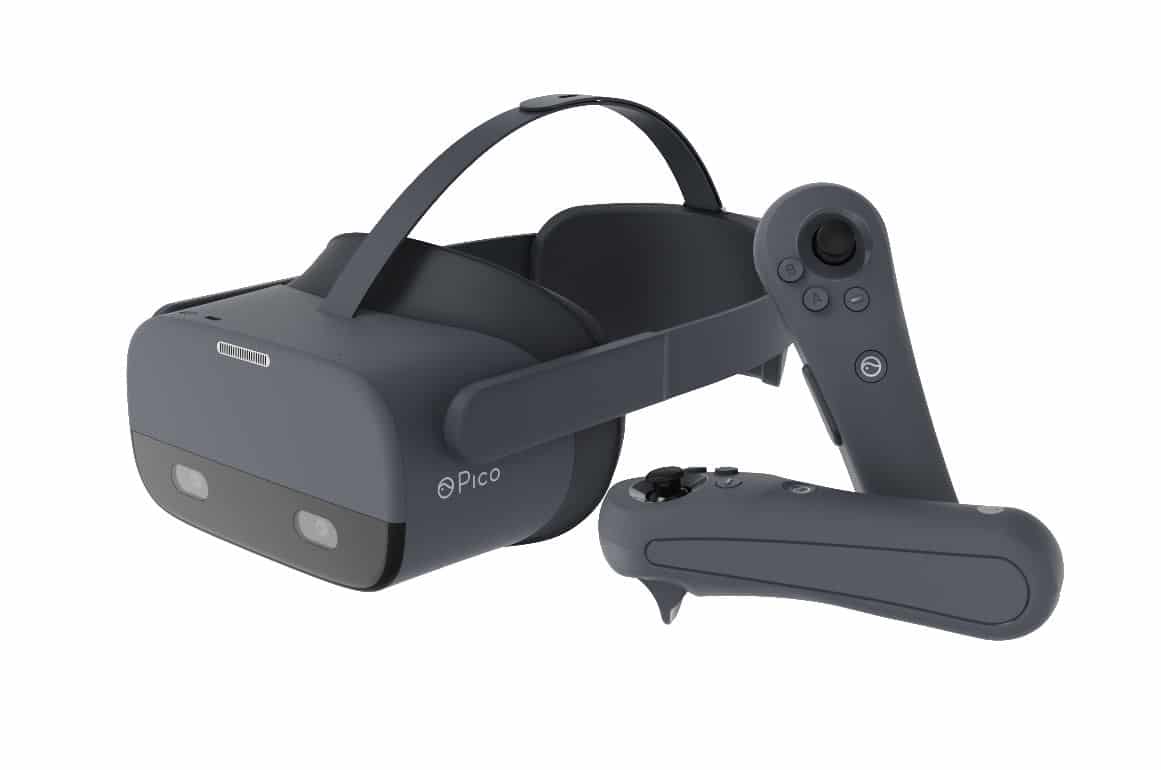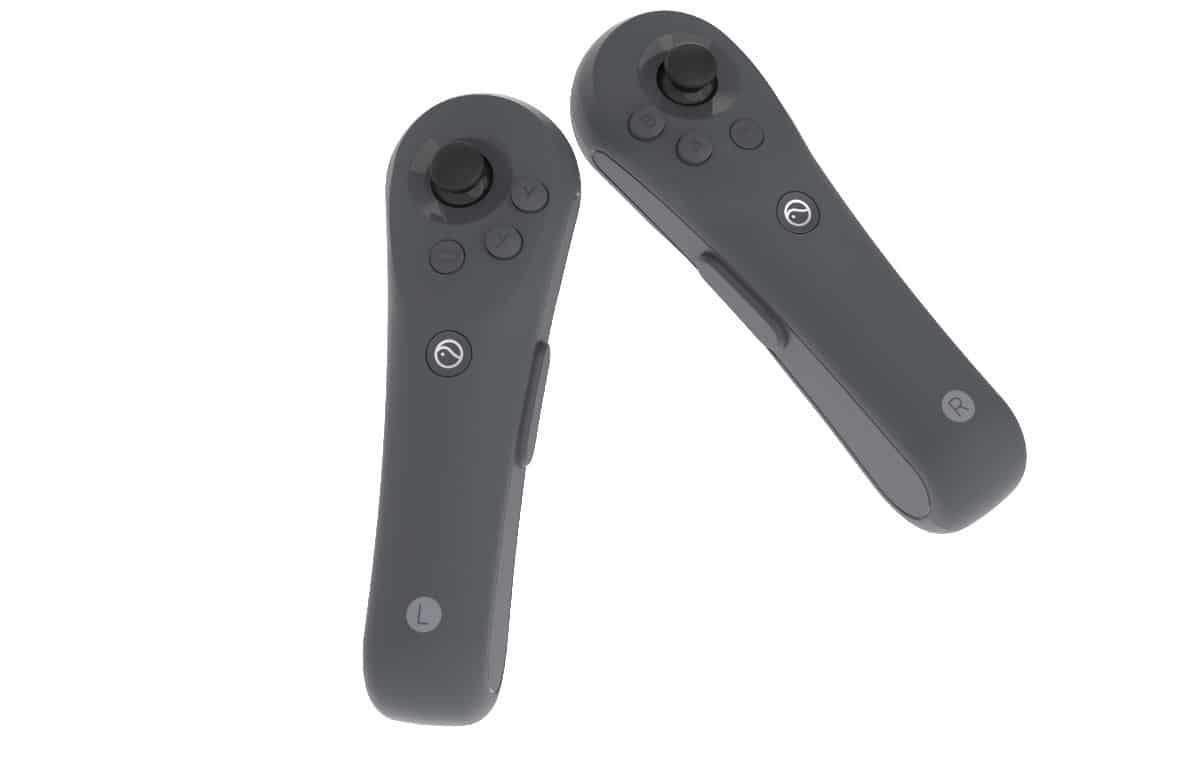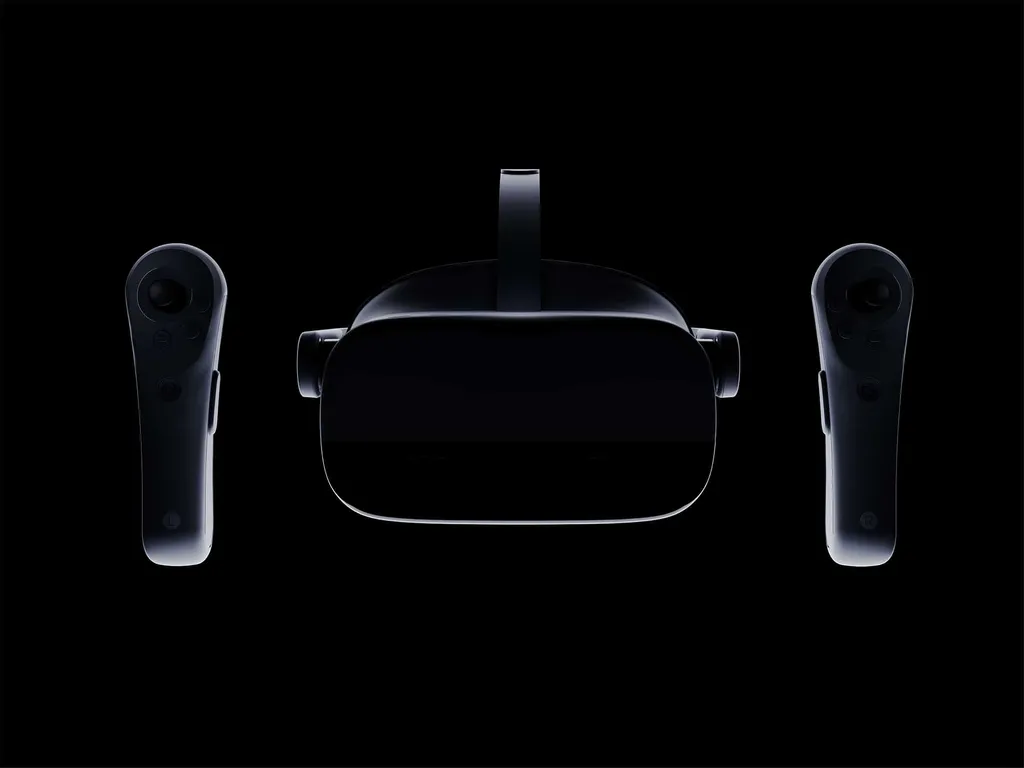China-based VR hardware company Pico Interactive announced the specifications and planned prices for its upcoming Neo 2 standalone VR headset. The company also revealed a new model in the line called the Neo 2 Eye which incorporates eye-tracking technology in partnership with Tobii.
The Neo 2 line is a successor to the original Pico Neo headset and the company’s website lists that it only sells to businesses.
The Pico Neo 2 was first revealed in March of 2019 but specifications for the device weren’t revealed until now. The headset is priced around $700 while Pico also plans to sell the Neo 2 Eye for around $900 offering the same specifications with the addition of eye tracking. Pico claims the headset features a refresh rate of 75Hz and 101 degree field of view with 4K resolution powered by a Snapdragon 845 alongside 128 GB storage.

Pico claims the Neo 2 Eye model will use eye tracking technology from Tobii to “improve daily enterprise operations and applications.” Tobii is the same company that provided the eye tracking technology for the HTC Vive Pro Eye. We gave our impressions of the technology back at CES this time last year, and Tobii later went on to launch their eye-tracking SDK at GDC a few months later.
The Neo 2 headsets will employ full 6 degrees of freedom with inside out tracking and the company says it uses “electromagnetic” tracking with its controllers, pictured below.

This tracking technology may benefit from resistance to occlusion but may be heavier to hold. We’ll plan to see the device at CES in Las Vegas and hopefully report back more details and impressions.
Update: A representative of Pico contacted us after initial publication of this article to say the refresh rate of the Pico Neo 2 headset is 75Hz and not 90Hz. The higher refresh rate was noted in a draft press release they sent us for Pico Neo 2. They also claim the field of view is 101 degrees and not 105 degrees as our original report suggested. Lastly, they also said a “stream box” which they initially said would be “sold separately” to stream PC VR games from a nearby computer won’t, in fact, actually be available for purchase. Article is updated to reflect these changes as of 10:20 am Pacific on January 5 from the original version published at 6 am.
Don’t forget to check out our CES 2020 Coverage Hub right here for all of the latest announcements for VR and AR tech from the show!






























